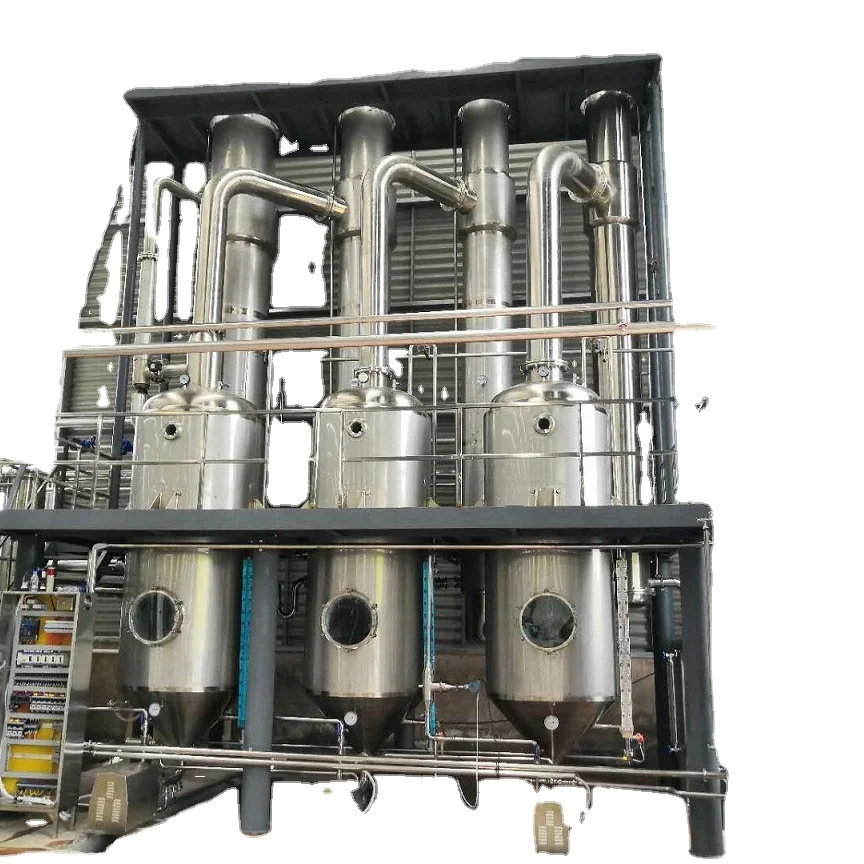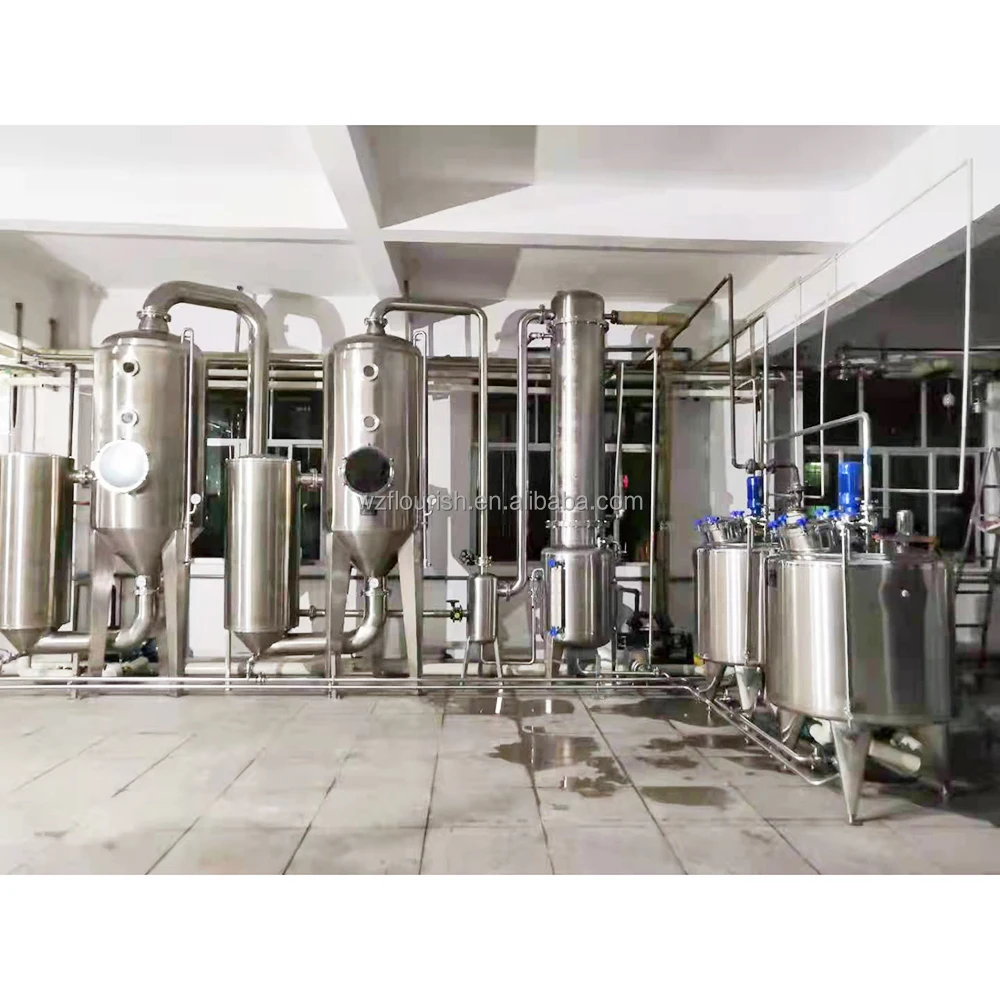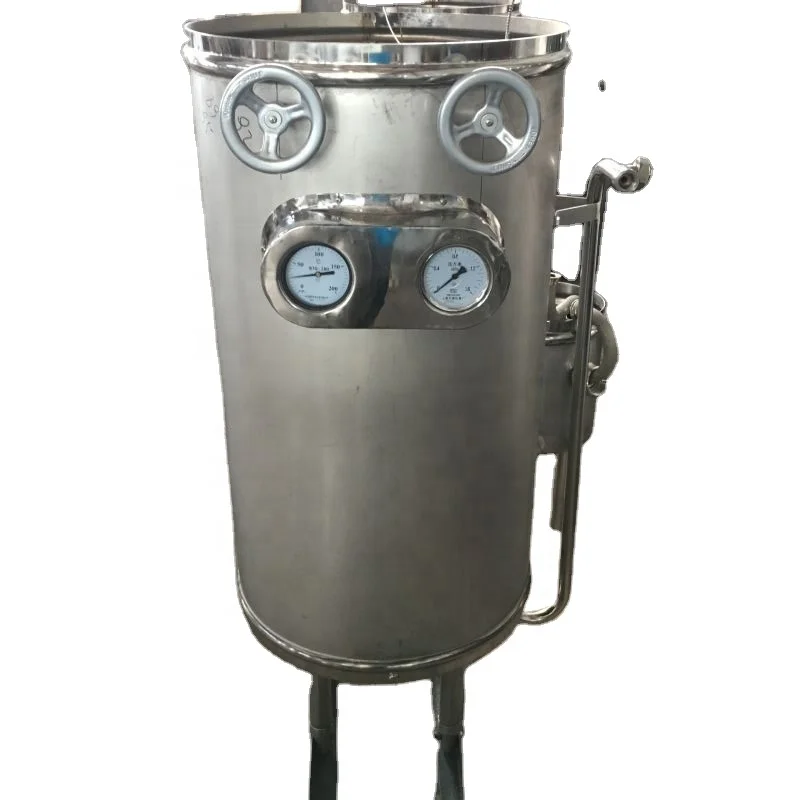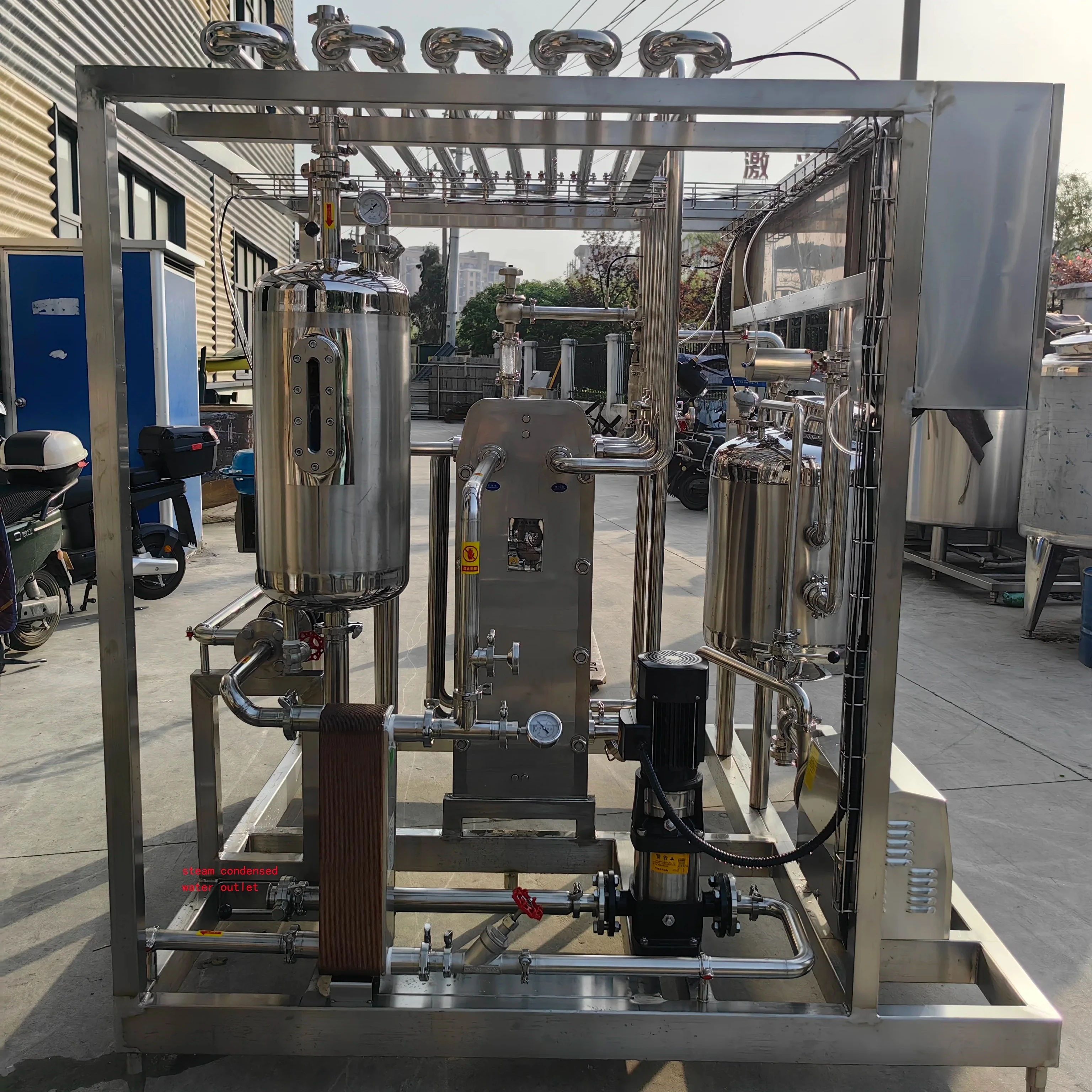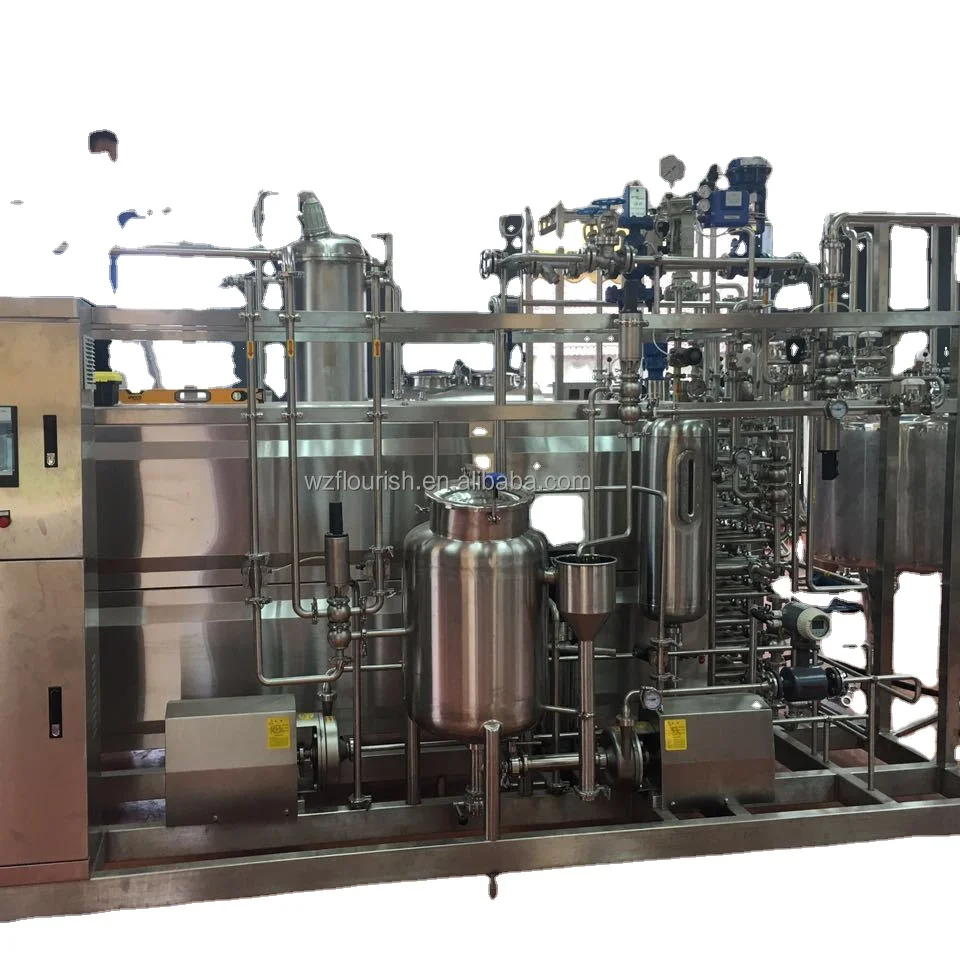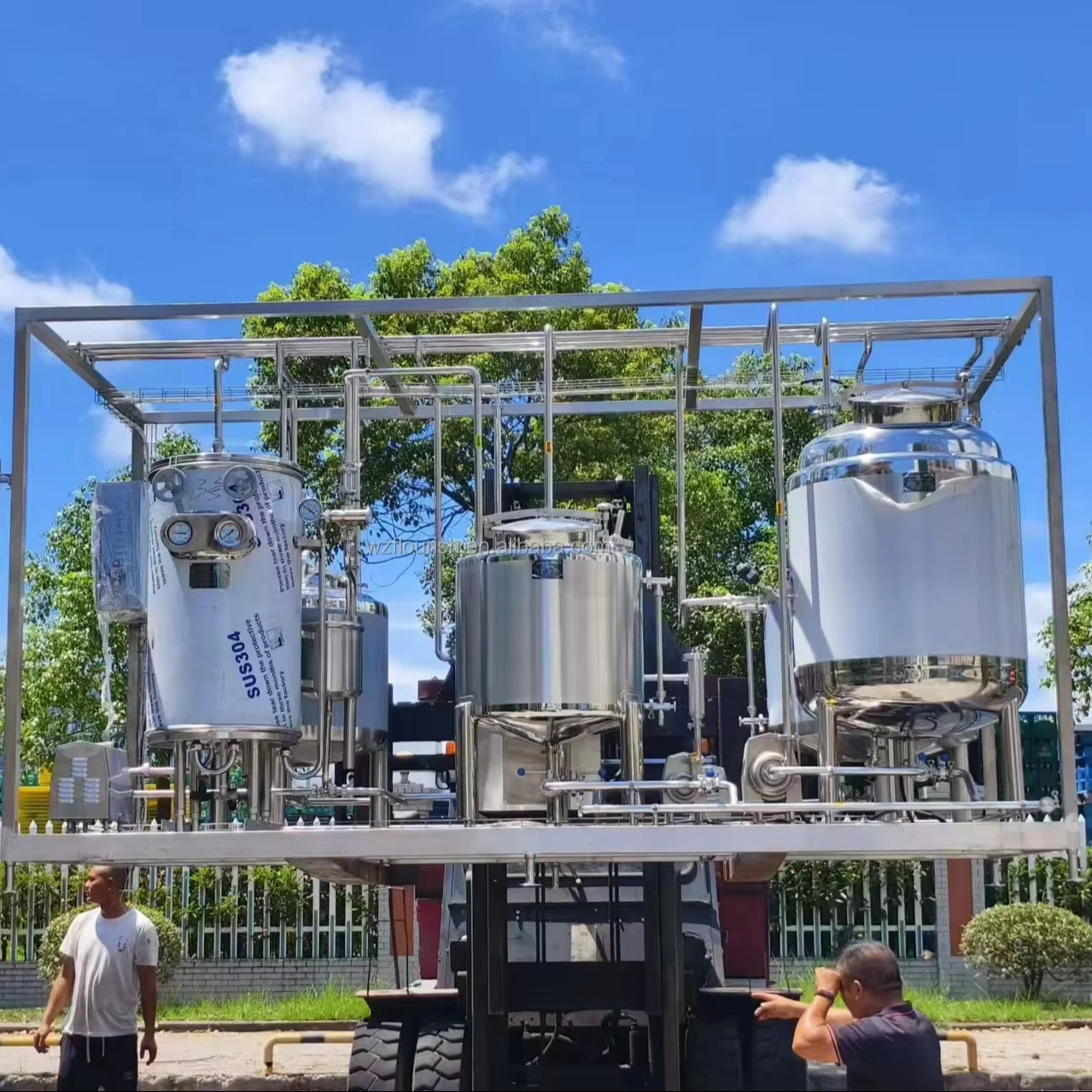ABOUT
Wenzhou Vince Machinery Science Co., Ltd. was established in early 1980s. Our company covers an area of 6500 square meters and is an independent legal representative firm, possessing rich economic technology strength. Our company is a high tech enterprise and plays an important role in national dairy, foodstuff, pharmacy and machinery industries. We are a beverage machinery supplier.
Since the establishment, our company has mainly engaged in dairy products, foodstuff, beverage machinery, bean products, yellow wine, medicines and fermentation projects. What's more, our company supplies a complete sequence services in manufacturing, installation, test and personnel train, as well as the whole direction service design and consulting service on product project construction or enlargement artistic distribution engineering sets budget.
PRODUCTS
Safety and Regulations in Beverage Production Lines
Worker Safety
The well-being of workers is of paramount importance in any production setting. Beverage production lines pose specific risks, such as machinery hazards, exposure to hazardous substances, and potential for slips, trips, and falls. Comprehensive safety measures must be implemented to mitigate these risks.
Thorough training on safe operating procedures, proper use of personal protective equipment (PPE), and emergency response protocols is essential. Regular maintenance of machinery and equipment is crucial to prevent malfunctions and ensure optimal functionality. Safe work practices, such as lockout/tagout procedures for machine maintenance, proper handling of chemicals, and adherence to hygiene standards, must be strictly enforced.
Ergonomic considerations are vital to prevent work-related injuries. Proper workstation design, lifting aids, and ergonomic tools can help reduce the risk of musculoskeletal disorders. Additionally, regular safety inspections, hazard assessments, and incident investigations are crucial for identifying potential risks, implementing corrective actions, and promoting a culture of safety.
Food Safety and Quality
Beverage production lines must adhere to stringent food safety standards to ensure the quality and safety of the final product. Regulations dictate the use of approved ingredients, proper hygiene practices, and effective contamination control measures.
HACCP (Hazard Analysis and Critical Control Points) is a systematic approach to food safety that identifies potential hazards and implements control measures at critical points in the production process. This involves monitoring and documentation of key parameters like temperature, pH, and microbial levels.
Cleanliness and sanitation are paramount throughout the production line. Regular cleaning and disinfection of equipment, surfaces, and work areas are essential to prevent contamination. Water quality control is crucial, as water is a key ingredient in most beverages. Thorough inspection and testing of raw materials, packaging, and finished products are vital to ensure compliance with quality standards and the absence of contaminants.
Environmental Regulations
Beverage production has a significant environmental impact, from water consumption and wastewater generation to packaging waste and emissions. Regulations aim to minimize this impact by promoting sustainable practices and responsible waste management.
Energy efficiency measures, such as using energy-saving equipment, reducing water consumption, and adopting renewable energy sources, are crucial for reducing the industry's carbon footprint. Wastewater treatment and disposal must comply with local regulations and ensure that effluent meets acceptable discharge standards.
Recycling and waste reduction programs are essential for managing packaging materials and minimizing landfill waste. Beverage manufacturers are increasingly adopting eco-friendly packaging options, such as biodegradable materials and recycled content. By embracing sustainable practices, beverage production lines can contribute to environmental protection while maintaining product quality and consumer satisfaction.
Conclusion
Safety and regulations are fundamental to the successful operation of beverage production lines. By implementing comprehensive safety measures, adhering to food safety standards, and complying with environmental regulations, companies can ensure worker well-being, product quality, and environmental sustainability. Proactive measures, continuous improvement efforts, and a strong commitment to safety and compliance are essential for safeguarding the entire beverage production ecosystem.
SUBSCRIBE
INQUIRY

